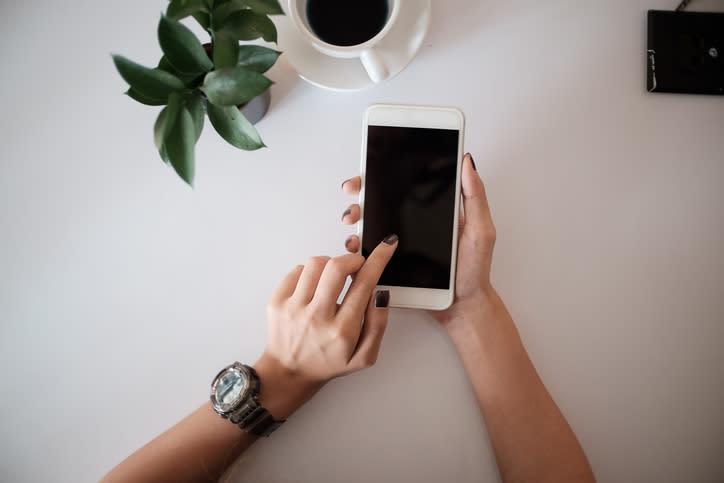Why you should Marie Kondo your smartphone

I bet most of us have disabled the notification tone for WhatsApp, given the frequency with which we check our mobile phones on a given day. With the abundance of messages, that feature has become needless, for we periodically reach for our device in fear of missing out on something. I don’t call myself a phone addict, but every time I take it to respond to a message or browse something, it takes me down the rabbit hole, and I end up spending a lot of time in the virtual world. The phone has more control over me, though it gives an illusion that it’s the other way round.
Although convenient, smartphones can overwhelm its user with the demand for constant connectivity. Back when mobile phones used to be a source for communication than entertainment, it was only a few with whom we interacted on a daily basis. Now with a barrage of social media apps, we are inundated with information about not just our family and friends, but also our acquaintances and strangers; an overload that could exhaust our brains.
I decided to apply decluttering expert Marie Kondo’s KonMari method on my phone, retaining only the apps that bring me happiness and letting go of the rest. However it wasn’t easy as tidying up a home. Abstinence from Facebook or Instagram was doable, but WhatsApp was challenging.
Even a week’s lack of activity or exiting from groups where you are a passive member can trigger panicky response from the contacts. “I haven’t heard from you for so long, what happened?”, “Is everything alright?”, “Where did you disappear to?”, etc., are the some of the most common responses a person usually encounters then.
A friend once told me she gets concerned questions from contacts asking whether she was upset whenever she removed her display picture. To avoid such responses, she now feels compelled to retain at least some picture if not her own photo.
Some of us believe in constant need of connectivity, for they perceive it as concern, but the same can be extremely stressful for others. With the blurring of personal boundaries, what used to be convenience once has become an annoyance as it serves to induce stress in lieu of pleasurable conversations.
The ‘seen’ feature on Facebook Messenger and Instagram, the double blue tick feature on WhatsApp etc., further compounded the onus of availability. When people realised their messages aren’t getting a timely response, it lead to unnecessary friction owing to speculations and conclusions. It is understandable when couples get furious over delayed responses, but now even friends get unnecessarily worked up if their queries go unanswered for a couple of hours.
Sometimes I miss the old SMS days where there was little scope for small talk but only relaying the necessary information; there was no pressure to respond to each and every messages immediately if at all your phone were bombarded with them.
Constant interaction poses a threat to relationship equilibrium. Of all the things, friendship shouldn’t come with obligations. In real world, would anyone go out and chat with all their friends and acquaintances on a daily basis and exchange small talk? None of us will have the time or energy to do that, unless when consumed by romantic love. Had it been the olden days, would you be sitting next to your telephone for hours or carry around your laptop wherever you go? Ludicrous that sounds! If that be the case, it’s unrealistic to expect the same with the smartphone too.
Although not same as phone addiction, inviting stress into our lives in the name of social obligation can have similar detrimental effect to our emotional well-being.
There is a direct correlation between stress and constant smartphone usage. If digital detox sounds impractical, at least digital pruning can help reduce unnecessary anxiety in our lives. Uninstalling certain apps, clicking the unfollow button, or exiting passive groups can be the first step towards ensuring peace of mind, even if it means hurting the sentiments of some.


